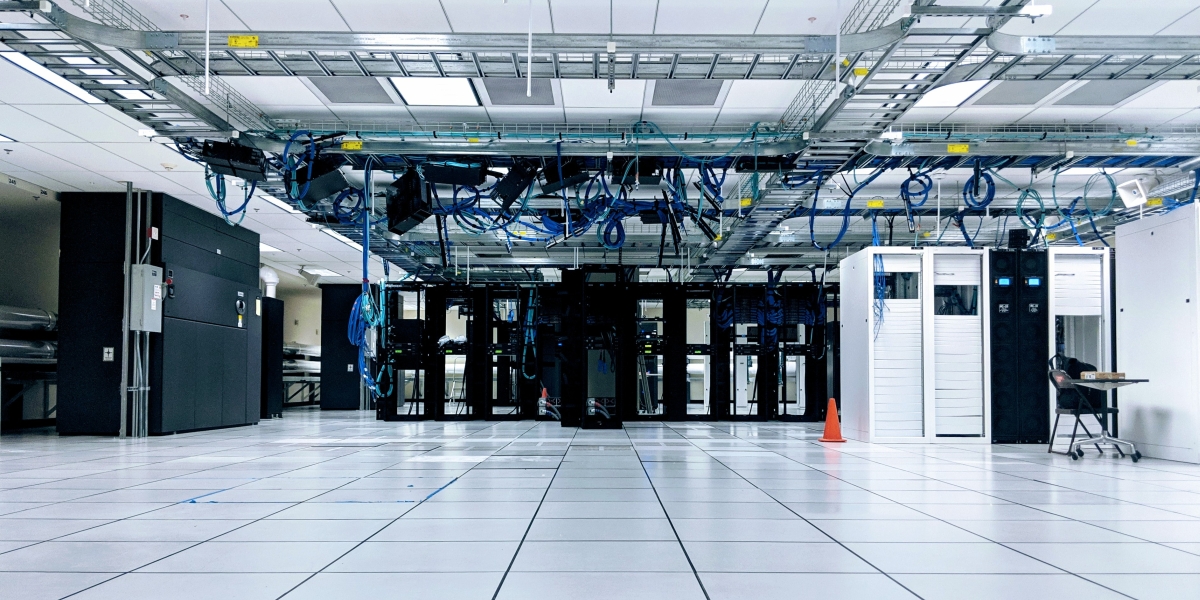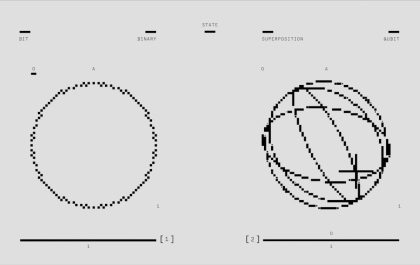Many low-income families will soon be able to enjoy broadband internet access at no cost. Major providers like Comcast and Verizon have plans in place to offer no-cost internet options.
Lifeline
Lifeline is a federal program for low-income consumers first introduced in 1985. The program was initially launched in order to help people pay for telephone service. Over the years, the program evolved in order to assist with mobile phone and internet service. The budget for this program is approximately $2.4 billion annually, which may seem like a lot but amounts to $9.25 per eligible household.
Increased Assistance

The covid pandemic brought the digital divide in America to the forefront. Not only did many low-income families not have access to home broadband internet, but many of them were also now required to have it in order to attend school and even go to work.
In response, the FCC launched the Emergency Broadband Benefit, which provided $50 a month for broadband internet. Consumers were able to combine this with Lifeline for a total benefit of $59.95 per month, which did allow for no-cost internet in some cases.
The Infrastructure Bill
A potential problem with the EBB was that it was not intended as a permanent solution. It could only last as long as the federal government deemed the covid pandemic to be a national health emergency. The EBB was not extended, and the final benefits are to be received in March 2022. The issues, however, do not go away with the EBB. Many low-income families are still struggling with internet access.
Part of the reason that the EBB was not extended is the Biden administration infrastructure bill. This is a big bill with many facets, but among them is $65 billion earmarked to help close the digital divide.
Approximately $14 billion of that pool goes to the Federal Communications Commission for an Affordable Connectivity Program. The ACP is effectively an extension of the EBB but will only provide consumers with $30 a month, or $39.95, if a consumer combines it with the Lifeline benefit.
A Bad Rap… Perhaps Deserved

The EBB and presumably the ACP are facilitated through internet service providers. In other words, an eligible household contacts their ISP, and the ISP handles all aspects of the benefit. This is a necessary evil that makes it much easier for the FCC. If the FCC had to control all aspects of the EBB/ACP, that would cost more money, and there would thus be less for the people who need it.
The problem is that the ISPs are corporations that put their bottom lines above all else. There were some high-profile cases of companies using the EBB in an unscrupulous manner. Verizon, for instance, had grandfathered plans that it deemed no longer favorable. It did not support the EBB with those grandfathered plans and instead required customers to move to new plans that would cost them more money when the EBB was no longer available.
No Cost Internet
Although the FCC has publicly frowned on such behavior, it is not illegal and may continue. Despite that, Verizon is one of the companies developing a plan that ACP/Lifeline recipients will be able to access at no cost.
The reason Verizon is notable is that it is offering 200 Mbps download and upload, which is excellent service and will certainly earn the oft-criticized brand some good press. Other companies like Astound, Spectrum, Comcast, and Xfinity are also in the mix but do not offer a plan quite as good as Verizon.
yehiweb
Related posts
New Articles
What Is Git Rebase? Beginner-Friendly Guide With Examples And Tips
Git is one of the most widely used version control systems in the world, and among its many powerful features,…


